In 2015, the UN adopted 17 integrated Sustainable Development Goals (SDGs), with the aim to end poverty, protect the planet and improve quality of life by 2030. But setting goals is one thing – achieving them is another.
Recognising the urgency of the SDGs as well as their strategic importance to business, RELX is a signatory of the UN Global Compact – which calls on companies to participate in achieving the SDGs – and in 2017, created the RELX SDG Resource Centre. This free-to-read news and information platform curates content that advances awareness, understanding and implementation of the SDGs from across RELX and key partners.
Hundreds of these resources focus specifically on Europe. A few examples of significant content available on the website include:
- A report published by Elsevier to mark International Day for Biological Diversity examines the current state of biodiversity research in the Netherlands and worldwide. Among other insights, the analysis shows a pattern of strong international collaboration, with Dutch researchers partnering with authors outside the Netherlands on 83% of research articles, much higher than the global average of 37% for biodiversity articles.
- The latest research on managing plastics waste from electric and electronic equipment, end-of-life vehicles, and construction and demolition waste includes a social life cycle assessment developed at the European level. The results will help European decision-makers define new criteria for sustainable management of these waste plastics.
- An article from Independent Commodity Intelligence Services analyses energy competitiveness and suggests that Europe is racing to maintain its position as a leader in renewable energy, even as global competition from countries such as China and the US intensifies. While the continent faces significant challenges, it is investing heavily in new technologies and initiatives to achieve carbon neutrality by 2050. With continued investment and innovation, the article asserts Europe could remain a key player in the global energy market for years to come.
- A paper focused on monitoring environmental impacts of the EU bioeconomy, which increased by 23% between 2010 and 2020. The paper seeks to develop a life cycle assessment to track the environmental impacts of the EU bioeconomy over time.
- Dozens of academic articles about the consequences of Russia’s invasion of Ukraine are freely available, including those focused on cancer care, treatment for HIV and opioid use disorder, children’s welfare and diabetes treatment on the frontlines of the conflict.
In total, the SDG Resource Centre has compiled and made freely available thousands of research articles, which would otherwise have cost more than €3 million to make open access. In this way, the platform enables European universities, governments, corporations, non-governmental organisations, researchers and the general public to use this cutting-edge content to enhance sustainability in Europe and around the world.
There is much work left to do to achieve the UN’s SDGs by 2030. However, according to Márcia Balisciano, Chief Sustainability Officer and Global Head of Corporate Responsibility at RELX, the RELX SDG Resource Centre has proven that ‘businesses can make a real difference by harnessing their expertise to advance the SDGs.’

